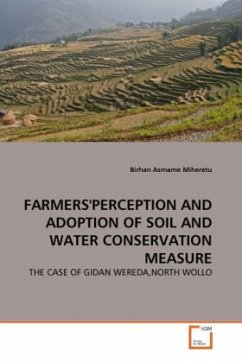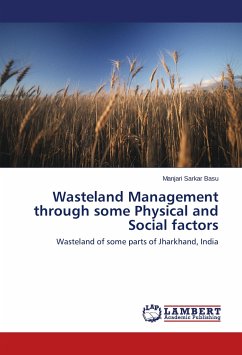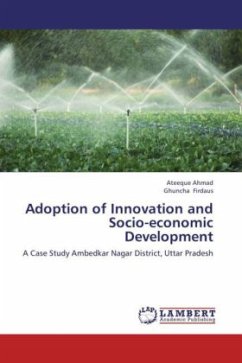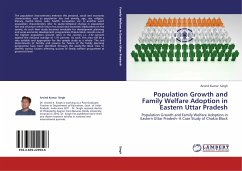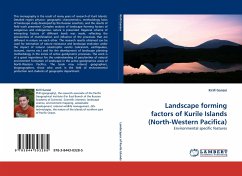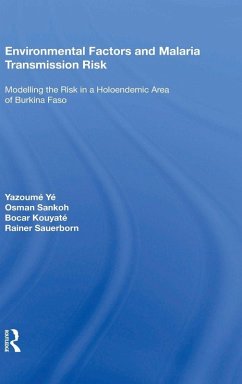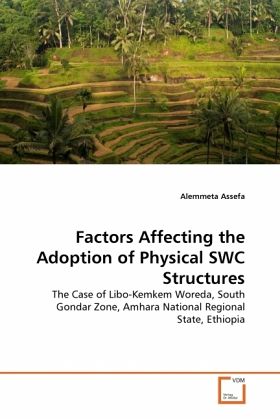
Factors Affecting the Adoption of Physical SWC Structures
The Case of Libo-Kemkem Woreda, South Gondar Zone, Amhara National Regional State, Ethiopia
Versandkostenfrei!
Versandfertig in 6-10 Tagen
39,99 €
inkl. MwSt.

PAYBACK Punkte
20 °P sammeln!
The Ethiopian highlands, home to more than 50 million people who depend on rain-fed subsistence agriculture, have one of the most degraded lands in the world. In response, governments and other agents have been implementing SWC activities. However, success has been very limited. Hence, soil erosion seriously threatens the future agricultural productivity of Ethiopia's highlands.This study examines factors affecting the adoption of physical SWC structures in Libo-Kemkem Woreda, South Gondar Zone of Amhara National Regional State in the North western highlands of Ethiopia. Data were obtained fro...
The Ethiopian highlands, home to more than 50 million people who depend on rain-fed subsistence agriculture, have one of the most degraded lands in the world. In response, governments and other agents have been implementing SWC activities. However, success has been very limited. Hence, soil erosion seriously threatens the future agricultural productivity of Ethiopia's highlands.This study examines factors affecting the adoption of physical SWC structures in Libo-Kemkem Woreda, South Gondar Zone of Amhara National Regional State in the North western highlands of Ethiopia. Data were obtained from the survey of 110 randomly selected household heads. Formal household survey questionnaire, FGDs, key informant interview and field observation as well as secondary sources were used to generate the data. The results revealed that a large majority of the farmers acknowledged that the introduced conservation measures were effective against soil erosion and for improving land productivity. However, the involvement of some factors was essentially limited to 'participation by consultation' and they were rather persuaded to implement the conservation measures.



